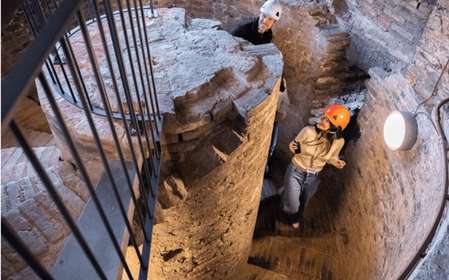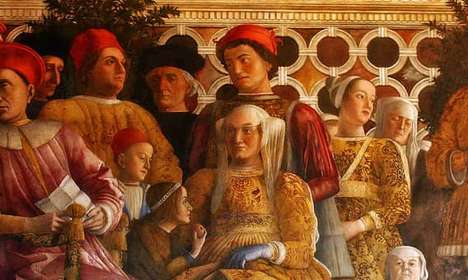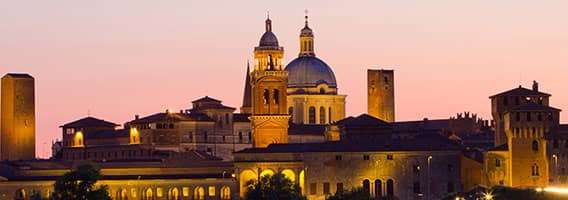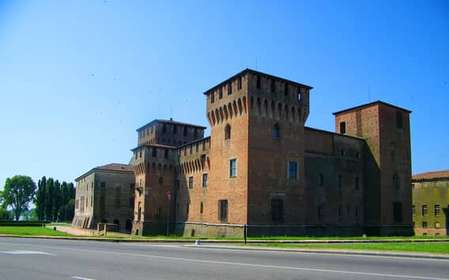- Home
- Useful Tips
- Best areas for antique book...
For bibliophiles visiting Mantua, the challenge isn't finding antique books—it's discovering authentic treasures without falling into tourist traps. Over 60% of cultural travelers report frustration with inflated prices in well-marketed but mediocre shops, while genuine 16th-century prints gather dust in lesser-known locales. The labyrinthine streets around Piazza delle Erbe hide family-run librerie antiquarie that have preserved Renaissance volumes for generations, yet most visitors never venture beyond the obvious storefronts. This oversight means missing not just rare finds, but the stories behind them—like the Venetian merchant's ledger revealing Mantua's silk trade secrets, or the poetry collection annotated by a Gonzaga courtier. Your perfect volume awaits where creaking wooden shelves outnumber credit card terminals.
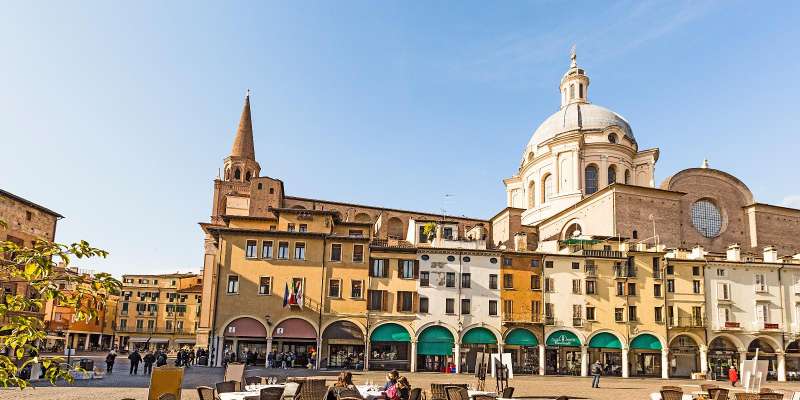

Why Mantua's historic center is a book hunter's paradise
The UNESCO-listed heart of Mantua conceals a bibliophilic legacy stretching back to the 15th century, when the Gonzaga rulers amassed one of Italy's finest libraries. Today, the same palazzos shelter discreet shops where vellum-bound volumes still carry the earthy scent of aging paper. Unlike Florence or Rome's high-turnover antiquariats, Mantua's dealers often specialize in local history—from illuminated choir books salvaged from deconsecrated churches to agricultural treatises from the Po Valley's farming heyday. The compact layout means you can explore a dozen shops within a 10-minute walk, each with its own character: one might focus on musical manuscripts from Mantua's opera golden age, while another stocks leather-bound account books from Jewish textile merchants. This concentration of expertise makes comparing finds effortless, though you'll want to pace yourself—the thrill of discovery here is as much about the hunt as the acquisition.
Three authentic bookshops only locals know (and how to visit them)
Tucked behind the Rotonda di San Lorenzo, Libreria Ghirlandina appears unremarkable until you notice the 18th-century botanical sketches in its window—this is where academics source primary documents about Mantua's medicinal herb gardens. Owner Francesca personally curates the collection of antique science texts, often sharing stories about the monastic pharmacies that once dotted the region. A few alleys south, Il Torchio specializes in hand-printed works, with a back room devoted to Mantuan dialect poetry. Don't be shy about asking to see the 'bookseller's choice' shelf—that's where they keep unexpected gems like a 17th-century cookbook with saffron-stained pages. For architectural folios, seek out Studio Bibliografico Apollo near Piazza Sordello. Their strength is Renaissance-era building manuals, including rare sketches of Giulio Romano's Te Palace. All three shops welcome browsers but appreciate an appointment for serious collectors—a quick phone call in Italian (or through your hotel concierge) ensures undivided attention.
Timing your visit for the best selection and prices
Mantua's book trade follows rhythms unknown to mainstream tourism. Come midweek when provincial libraries liquidate duplicates (dealers restock on Wednesdays), or time your trip with the monthly Mercatino del Libro Antico near Palazzo Ducale—it's where shopkeepers sell overflow inventory at negotiable prices. Summer brings German and Dutch collectors who drive up demand, while January finds dealers more open to bargaining after the holiday rush. Morning visits often yield fresh arrivals before they're cataloged, though late afternoons can mean catching owners in storytelling moods over an espresso. Should you encounter the annual 'Giornata delle Librerie' in October, expect pop-up exhibits and temporary price reductions on conservation-grade items. Remember that many shops close between 1-3:30pm—use this time to research your finds at the Teresiana Library's free reference desk, where staff can verify publication details.
How to ship fragile finds home without stress
That 1623 herbal compendium deserves better than checked luggage. Fortunately, Mantua's oldest bookshops have perfected international shipping—Libreria Antica e Moderna uses archival-quality clamshell boxes lined with pH-neutral paper, while Studio Biblico packages shipments with humidity indicators for tropical climates. For purchases under €1,000, ask shops to process the 'export libero' paperwork exempting you from cultural heritage taxes. Those buying multiple volumes can consolidate shipments through Mondadori Bookstore's logistics service, which negotiates bulk customs clearance. If you prefer DIY solutions, the post office near Piazza Martiri offers 'Piego di Libri' rates for insured book parcels, though you'll need to supply acid-free wrapping materials from Cartoleria Centrale first. Either way, request condition reports with timestamped photos before packing—this documentation is invaluable should restoration ever be needed. Pro tip: Shipping costs often equal tourist VAT refunds, making it worthwhile to declare purchases at customs upon departure.
